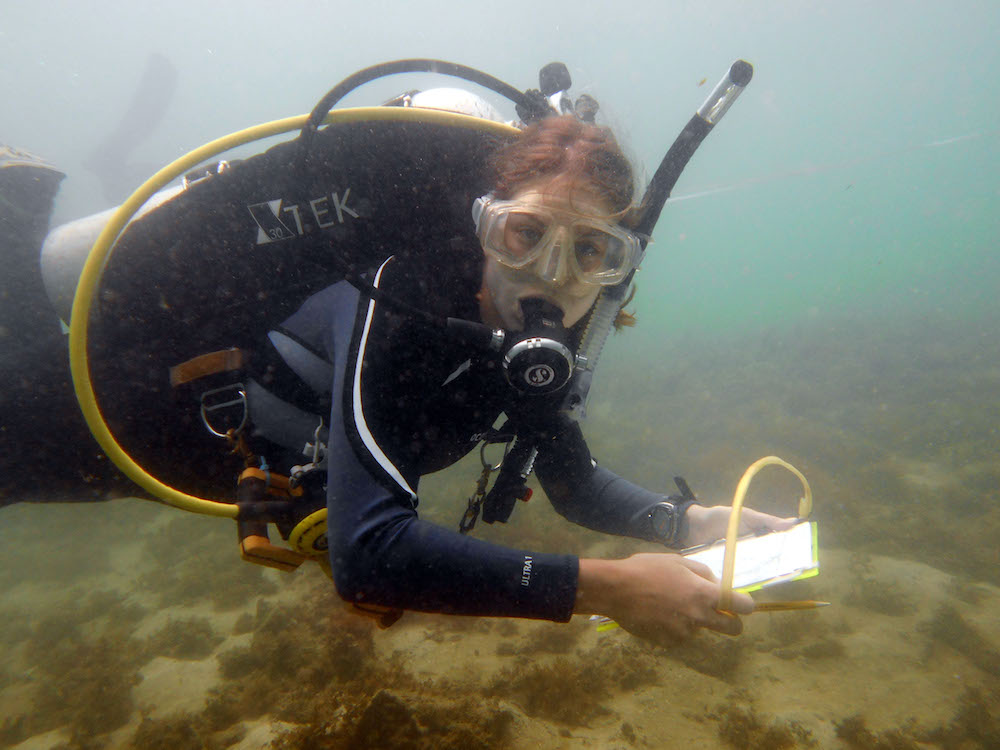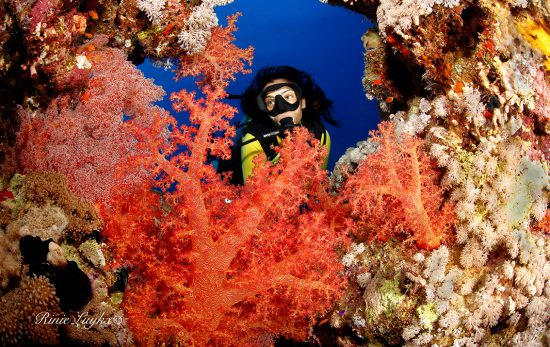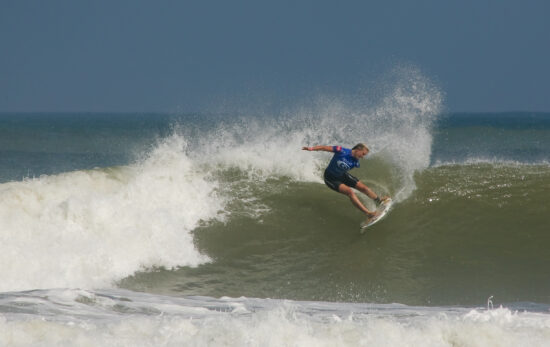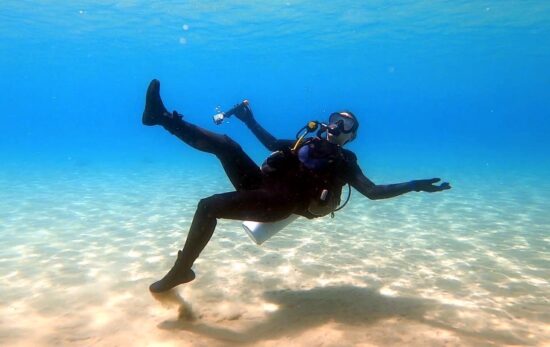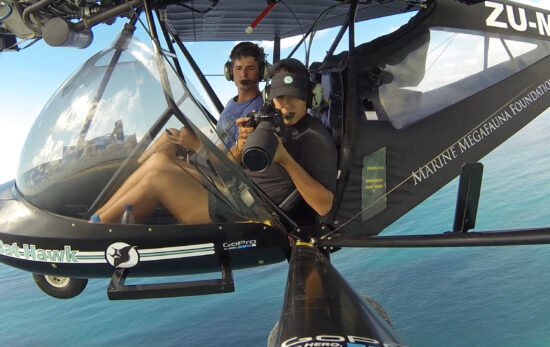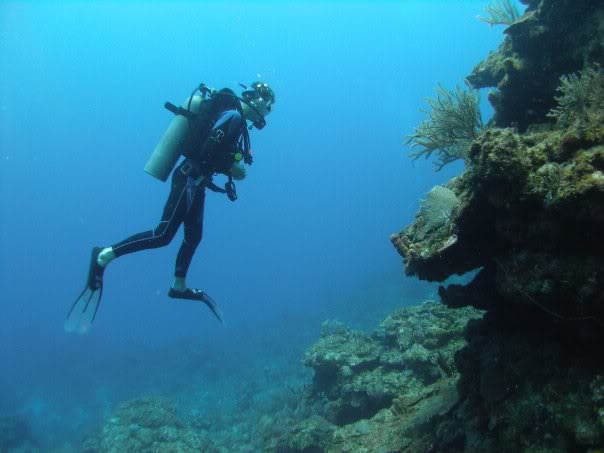
When trying to decide on a career, whether you’re just out of school or fancy a change, there’s nothing to say you can’t be a PADI Professional alongside whatever you choose. We spoke to PADI Assistant Instructor and Pharmacist, Alex Evans to see how taking the step into PADI Pro courses has helped shape his journey in the professional world…
Did learning to dive affect your career choice?
I actually learned to dive while I was in pharmacy school; however, I grew up going to Florida almost every year, snorkeling in the springs and the Keys. That really got me hooked and eventually I decided to take the plunge (no pun intended) and take the Open Water Course. Growing up around nature influenced my decision as an undergraduate to major in Biology, which eventually led to pharmacy school. Through diving I also saw how beautiful nature is under the water but quickly learned about how commercial fishing often threatens that environment. Because of that I decided to become vegetarian, and I’ve been vegetarian almost as long as I’ve been a diver.
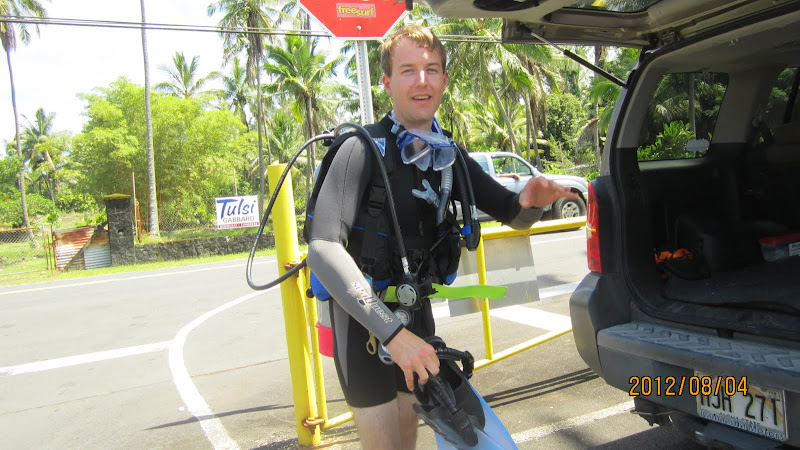
Has diving affected your work / life balance?
As anyone who has been through a professional degree program knows, it can take a lot out of you. I remember having a final exam once, in a pharmacotherapuetics course, that encompassed over a thousand slides. In school diving was one avenue that helped me stay level during those times of intense studying. I remember being in the medical sciences library at UNC-Chapel Hill, with it snowing outside, and deciding that I really wanted to make the most of the next summer. I had earned my Open Water certification by then and started looking for ways to dive more. I landed a Divemaster Internship at Subway Watersports, in Roatan, Honduras, and spent four weeks loading the boats, diving a lot (I dove almost 60 times in that period), filling tanks, meeting people from all over the world, and becoming a much better dive very quickly.
To cover the cost of that trip, I took a job with Duke TIP (Talent Identification Program, an incredible academic summer program for children in middle and high school), which I did for a few summers, and worked as a Teaching Assistant at the Duke Marine Lab on Pivers Island in Beaufort, NC. I came back to UNC after seven incredible weeks refreshed and ready to start the new year. I returned to Roatan again the next year to complete an Assistant Instructor internship. I was graduating and had already taken a job with Walgreens, but I asked them if they could allow me to start on June 1, and between graduating and then I spent three more weeks in Roatan. I like to tell people that I wore my mask to my graduation!
After graduating, I worked in South Carolina one year and then moved to Hawaii primarily to be able to dive a lot more. I lived on both the Big Island and Maui and got the chance to dive roughly 140 times between both islands. I was truly a ‘weekend warrior’ – I loved doing my job during the week and then on the weekends loading up my Xterra with a friend and heading off to Kailua-Kona for some diving and some food at the Kona Brew Company. On Maui I dove a lot for not working in the dive industry – on occasion 14 times per month! Both snorkeling and diving have been great ways to relax and be able to go into the next day ready to do the best for my patients.
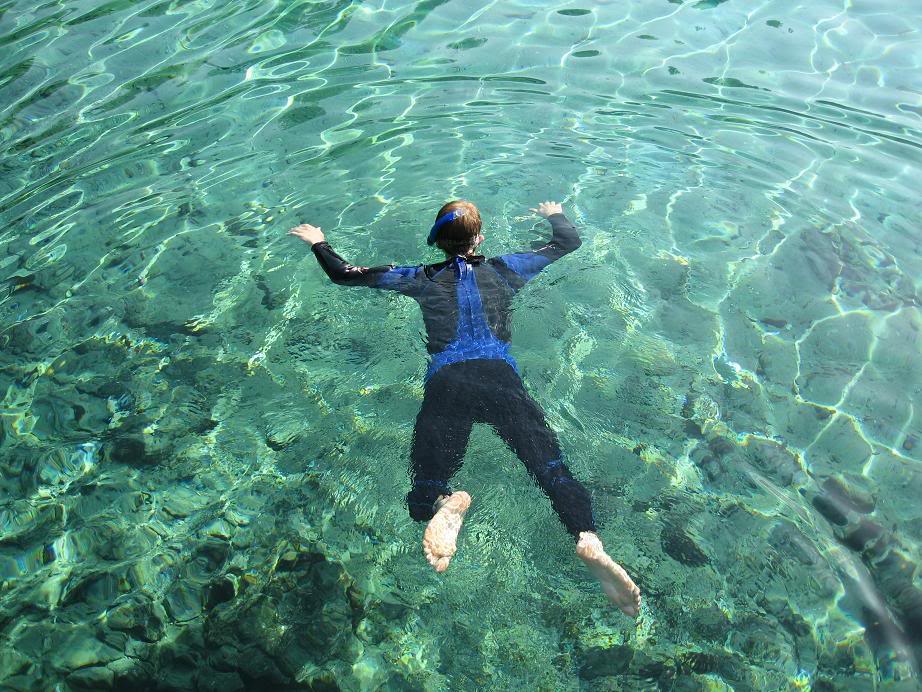
How has being a PADI Assistant Instructor affected your career?
One thing I really respect PADI for is the focus on using evidence-based educational techniques to truly teach anyone to dive, and for being able to maintain consistent training standards in spite of having thousands of instructors all over the world, all with different personalities and a different outlook on diving. PADI has struck a delicate balance by allowing an instructor individual expression while also ensuring they maintain those consistent standards when it comes to the skills necessary to dive. Both of those points – the educational methods and the level of consistency and accountability – are things that can be carried over to many organizations, including healthcare. Teaching someone to use an insulin pen, for example, is similar to the way that we teach someone mask removal and replacement.
Do you have any advice for divers who wish to continue diving alongside their careers?
Unfortunately, especially in the US, many people come up with reasons why they are not able to do the things they enjoy (including diving) or spend time with the people they love. Often it’s called ‘busy,’ but busy or not unfortunately you can’t get that time back, so use it wisely. Working in a hospital is a regular reminder of that fact. A good start is by turning off the TV, putting down the phone, and doing something really fulfilling. If you want to dive (or do anything else), then make it happen and don’t fill your day with things that are not meaningful to you. I promise you that success will follow, whether it be in your career, with parenting, or with other life goals. You won’t even remember what you were so busy doing. One of my favorite quotes is from Richard Branson, whom I admire a lot: “[M]ost people would assume my business success, and the wealth that comes with it, have brought me happiness. But they haven’t; in fact it’s the reverse. I am successful, wealthy and connected because I am happy.”
Find out more about becoming a PADI Pro here.
